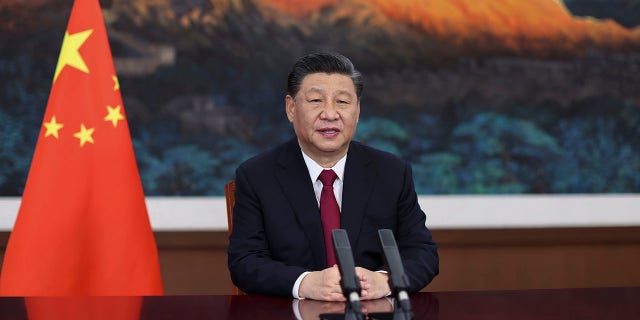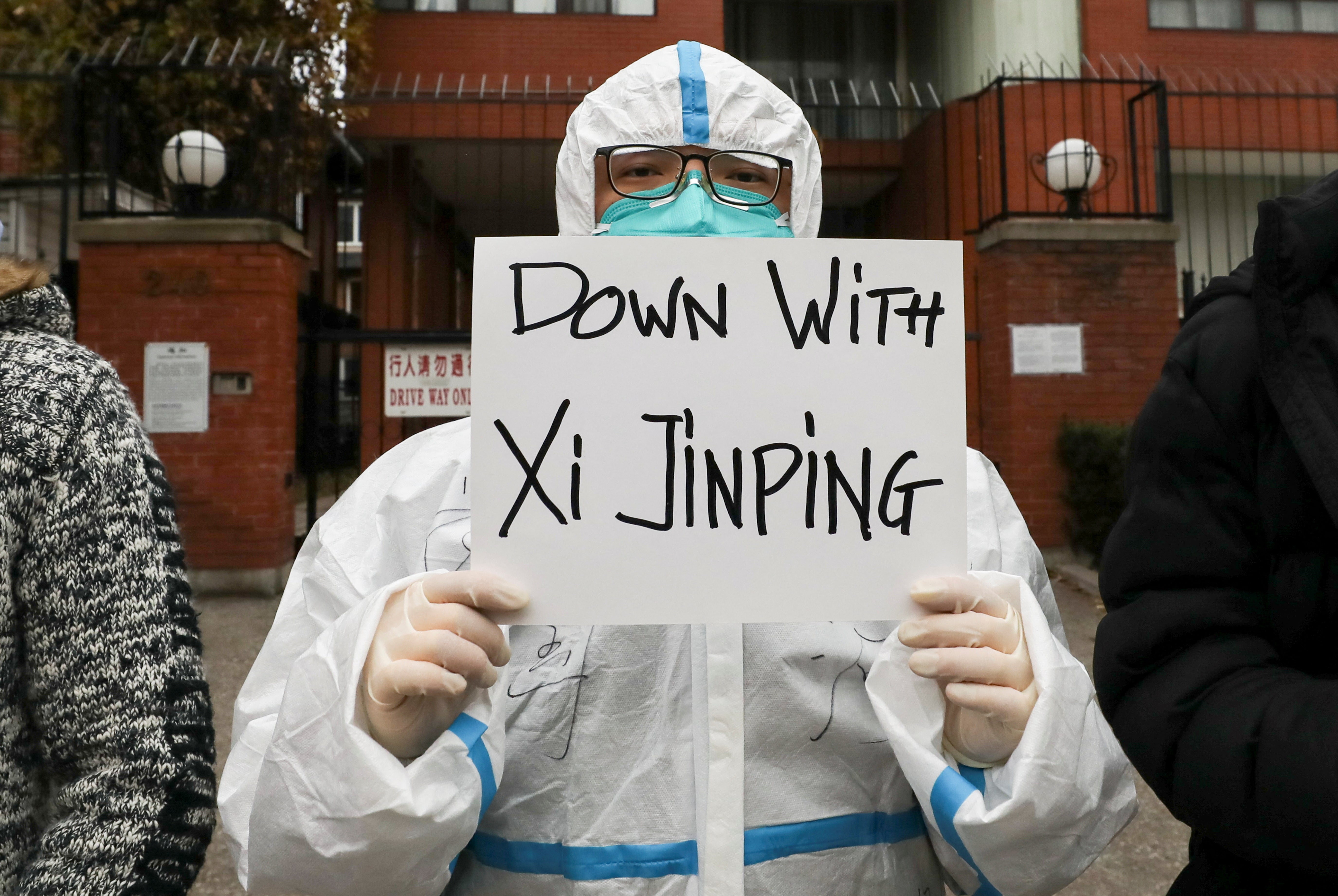The National Counterintelligence and Security Center on Friday said it is prioritizing industry outreach efforts in U.S. technology sectors where the stakes are “potentially greatest” for U.S. economic and national security, warning of “nation-state threats” posed by world-regions and world-regions.
The NCSC, a center within the Office of Director of National Intelligence responsible for leading and supporting the counterintelligence and security activities of the U.S. government, said their outreach to emerging technology sectors is designed to “raise awareness” about the threats, and help sectors “protect their human talent and cutting-edge research, while not stifling their innovation and scientific collaboration.”
The NCSC said that technologies, such as computing, biotechnology, artificial intelligence, and manufacturing, can be “beneficial” but also can be “economically, militarily and socially destabilizing,” noting that those sectors, specifically, “warrant extra attention” to anticipate the “trajectories of emerging technologies and understand their implications for security.”
In its outreach, the NCSC first warned that the People’s Republic of China (PRC) “has a goal of achieving leadership in various emerging technology fields by 2030.”
Officials warned that the PRC ranks as “the primary strategic competitor to the United States because it has a well resourced and comprehensive strategy to acquire and use technology to advance its national goals.”
NCSC warned that China conducts technology transfers and intelligence gathering through its Military-Civil Fusion Policy, and a National Intelligence Law, which requires all Chinese entities to share technology and information with China’s military, intelligence and security services.
CIA FORMING MISSION TO COUNTER CHINA, ‘THE MOST IMPORTANT GEOPOLITICAL THREAT WE FACE’
The NCSC warned that the PRC uses a variety of “legal, quasi-legal, and illegal methods” to acquire technology and “know-how” from the United States and other nations, including through science and technology investments, joint ventures, academic collaboration, talent recruitment programs, research partnerships and more.
The NCSC reminded organizations to “understand that all entities in the PRC, including commercial, research and scientific, are required by law to share information with the PRC state security apparatus.”

In this photo released by Xinhua News Agency, Chinese President Xi Jinping delivers a keynote speech via video for the opening ceremony of the Boao Forum for Asia (BFA) Annual Conference, in Beijing Tuesday, April 20, 2021.
(Ju Peng/Xinhua via AP)
As for foreign talent plans, the NCSC warned companies to “understand the risks involved in foreign government-sponsored talent recruitment programs.
The FBI has warned that foreign governments sponsor talent recruitment programs, or talent plans, to bring outside knowledge and innovation back to their countries, warning that, sometimes, that means “stealing trade secrets, breaking export control laws, or violating conflict-of-interest policies to do so.”
While other various countries use these talent plans, the FBI warned that the Chinese government is “the most prolific sponsor” of them.”
CHINESE NUCLEAR-CAPABLE HYPERSONIC MISSILE TEST SURPRISES US INTELLIGENCE: REPORT
“Even if talent plan participants who steal information are eventually caught and prosecuted, the damage done to your organization by intellectual property theft may be irreversible,” the FBI warned.
The Biden administration has warned about the Chinese government’s “increasingly adversarial” actions, with CIA Director William Burns warning that Beijing poses “the most important geopolitical threat” to the United States in the 21st century.
The CIA, earlier this month, announced the formation of the China Mission Center to counter China.
Burns said the China Mission Center (CMC) will address the challenges posed by the People’s Republic of China and emphasized that “the threat is from the Chinese government, not its people.”
The joe-biden”>Biden< said the president “made clear” that the discussion was “part of the United States’ ongoing effort to responsibly manage the competition between the United States and the PRC.”
“President Biden underscored the United States’ enduring interest in peace, stability, and prosperity in the Indo-Pacific and the world and the two leaders discussed the responsibility of both nations to ensure competition does not veer into conflict,” the White House said after the meeting.
The White House in March released new national security guidance, which warned of the “reality” that China “has rapidly become more assertive” and is capable of “combining its economic, diplomatic, military and technological power to mount a sustained challenge to a stable and open international system.”
The guidance further warned that China’s leaders “seek unfair advantages, behave aggressively and coercively, and undermine the rules and values at the heart of an open and stable international system.”
Meanwhile, as for Russia, the NCSC warned that the Kremlin “is targeting U.S. advances through the employment of a variety of licit and illicit technology transfer mechanisms to support national-level efforts, including its military and intelligence programs.”
NCSC officials warned that Russia is also “increasingly looking to talent recruitment” and international scientific collaborations to “advance” their domestic research and development efforts. NCSC said, though, that their “resource constraints” have forced the Kremlin to focus on “indigenous” research and development efforts, such as Russian military applications of artificial intelligence.
NCSC warned that Russia uses intelligence services, academics, joint ventures and business partnerships, talent recruitment, foreign investments, government to government agreements, and more to acquire U.S. technologies.
In order to protect U.S. organizations and individuals, the NCSC urged companies to “carefully scrutinize” suppliers, partners and investors, and urged them to “understand their security practices,” and maintained the importance of cyber security hygiene.
Finally, as international travel resumes following a freeze due to the coronavirus pandemic, the NCSC warned that Americans “may be targeted while traveling abroad, even to a friendly country.”
CLICK HERE TO GET THE FOX NEWS APP
NCSC warned individuals to “have no expectation of privacy when traveling abroad, especially on electronic devices,” while urging individuals, if possible, to leave primary electronic devices at home, and instead, travel with a temporary phone.
NCSC also warned individuals to “avoid” Wi-Fi networks abroad, saying they are “regularly monitored by security services.”
“Never leave electronic devices unattended while abroad,” NCSC added. “A hotel safe is never ‘safe.’”
 Iktodaypk Latest international news, sport and comment
Iktodaypk Latest international news, sport and comment






